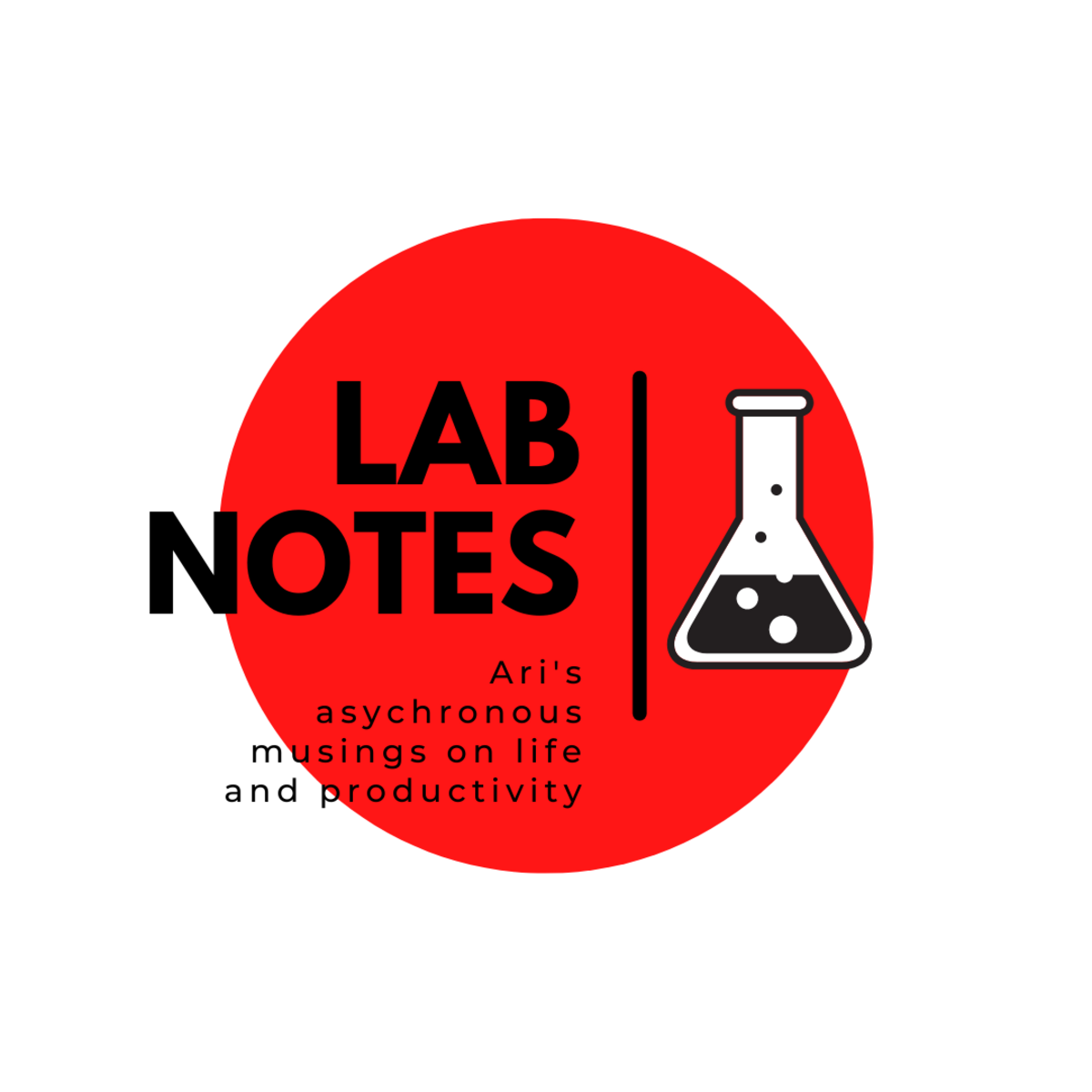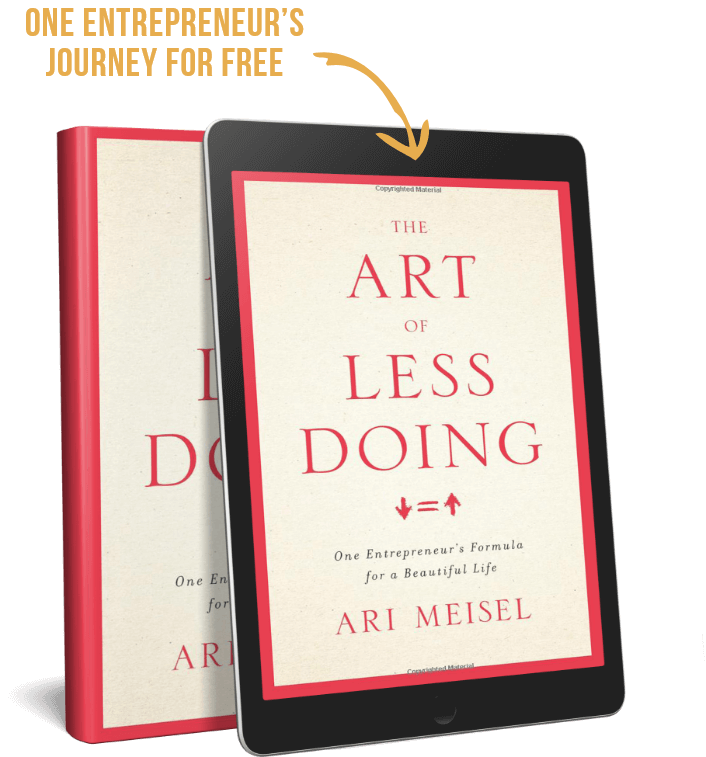You know the old saying “practice makes perfect”? Who doesn’t, right?. Well, it’s total BS. Practice makes for improvement, maybe. But I think “Practice Makes Permanent” is probably the better way to put it.
The problem with this is that it goes both ways.
I hear this phrase in many companies and with the leaders with whom I work. It drives me nuts. “Many things we do are done the way we do them because it’s the way that we’ve always been doing them.”
It doesn’t work because practice will only make perfect if what you’re practicing has been done perfectly before, which is kind of hard to do if you haven’t had the practice.
(That was a lot. I’ll give you a second to read that one again.)
So we have to be questioning and looking and being curious constantly. If you get into a pattern, right, that’s practice, and if you get into a bad habit, you’re practicing something bad, and practice makes it permanent. When we are in a particular state of mind, tired, frustrated, we tend toward the same patterns we have been practicing for a very long time.
It’s us getting stuck in an emotional and behavioral riptide.
We want to keep swimming directly toward the shore, but we can’t. And because we’re in it, we don’t see that if we swim effortlessly 10 to 15 feet to the left or right, we’re going to save our lives.
Be on the lookout for patterns that you are in. The things you practice. These can be day-to-day patterns, hour to hour, or even month to month.
How do you respond when things are going great, everything’s terrific?
What about when you have a very stressful day? Do you feel like you let yourself down or you engage in too many situations that don’t warrant your full-throated response?
What are you practicing? And are you getting better at being worse?
Do you immediately respond to a request for anything with, “It’s been crazy.” Has it really? How do you define crazy? Are you using it as an excuse for an unmanageable situation of your own making?
This week look for those opportunities to not necessarily do something different but acknowledge what patterns you repeat and whether that practice should become permanent.




